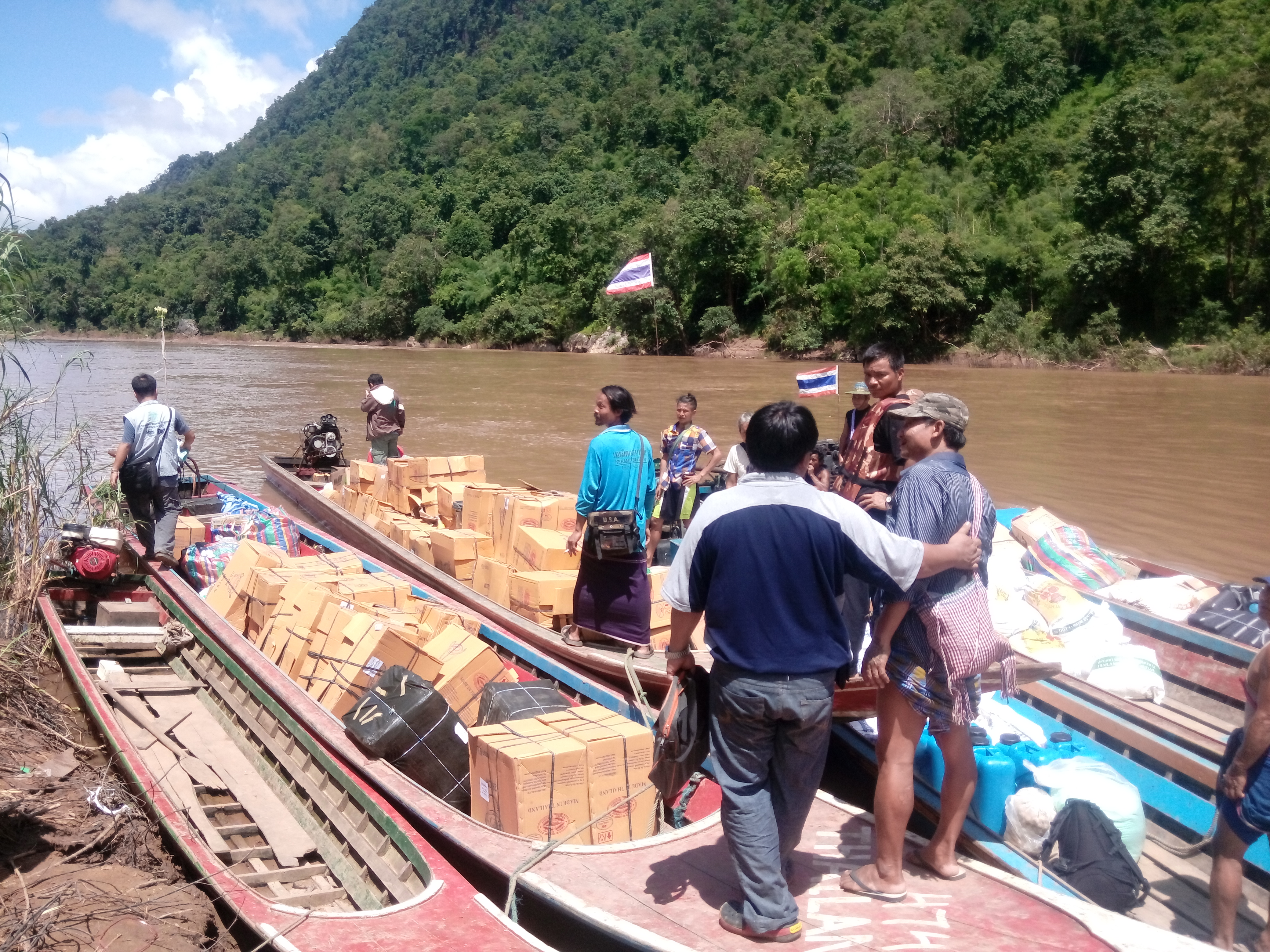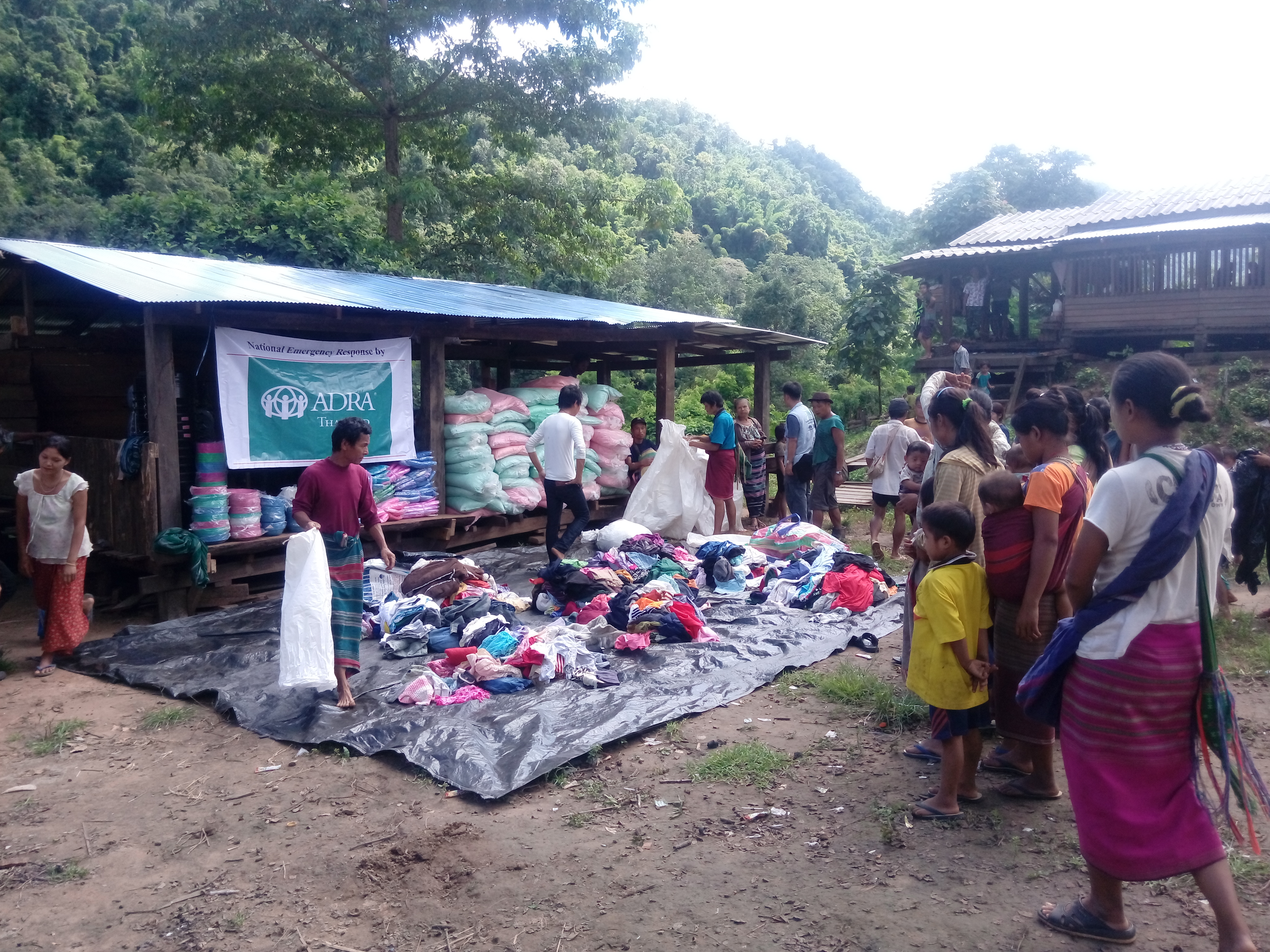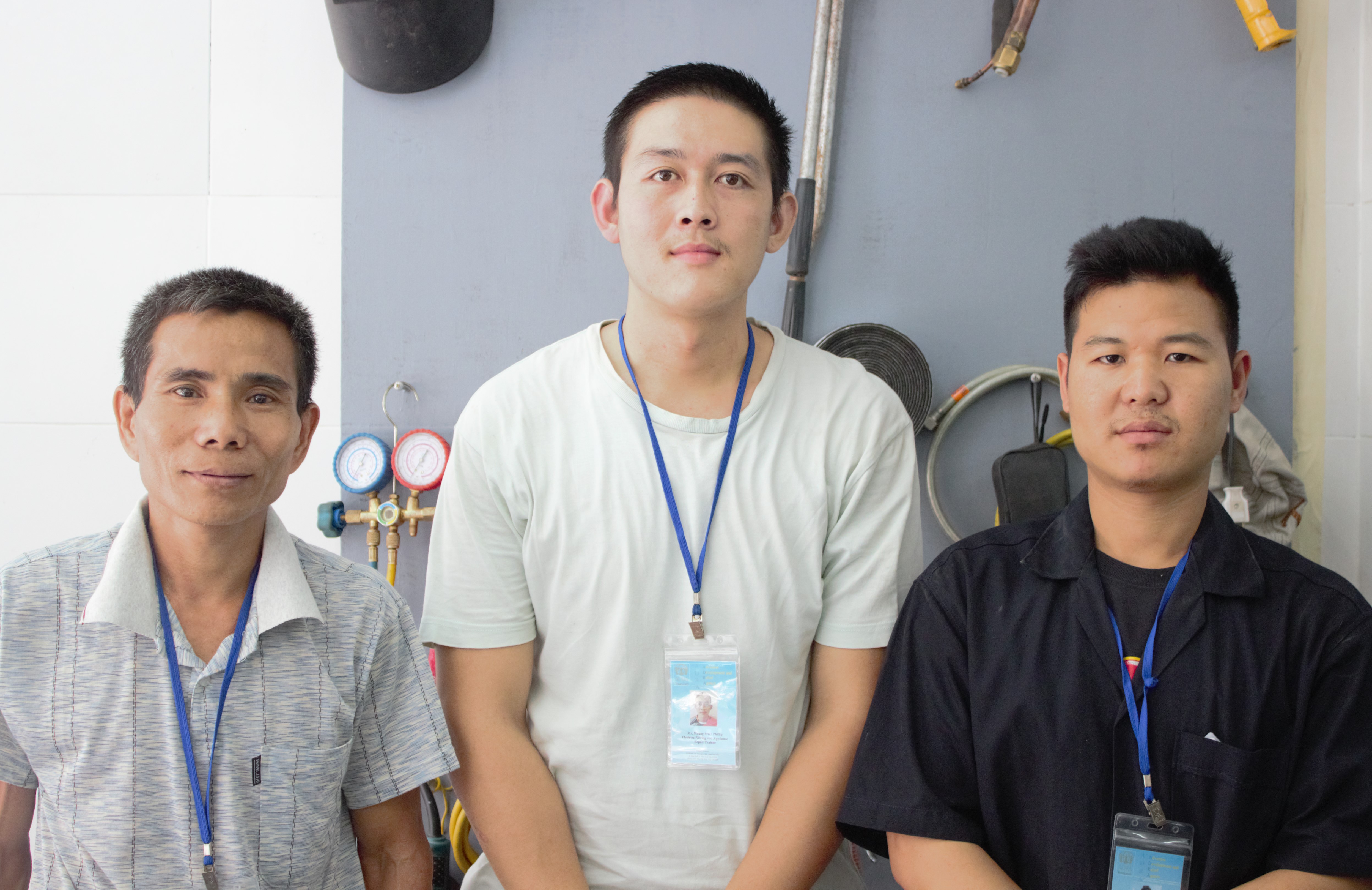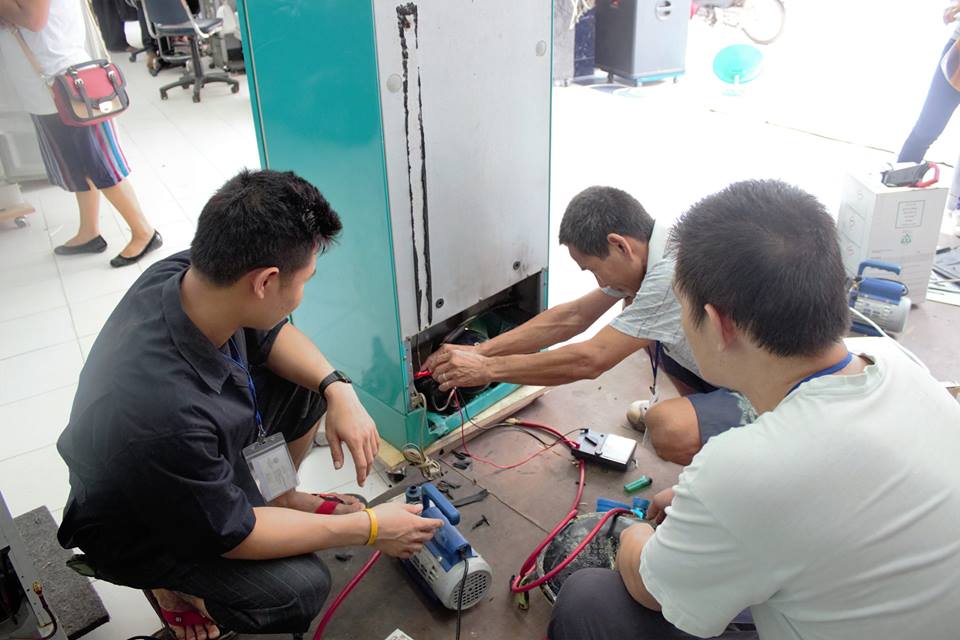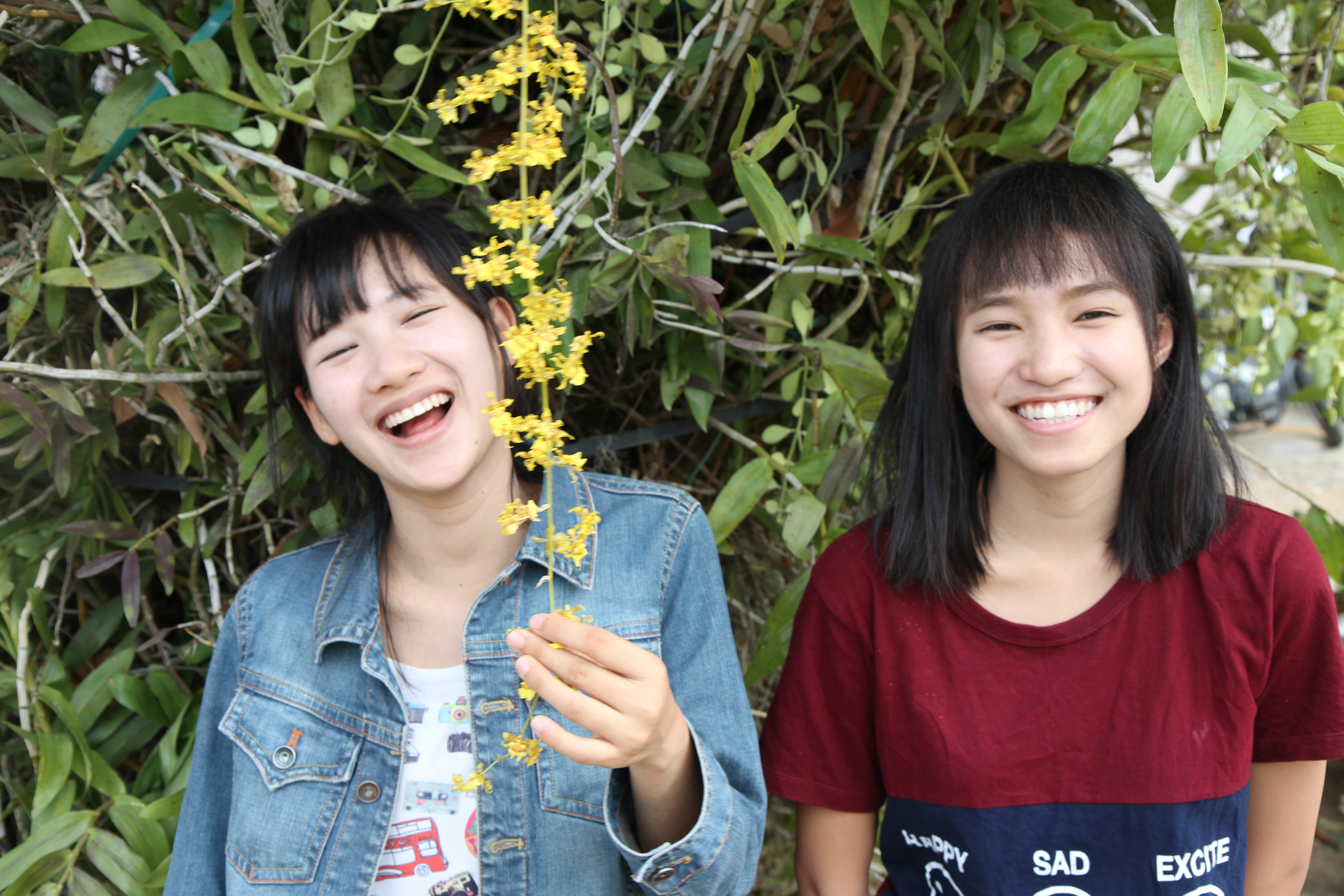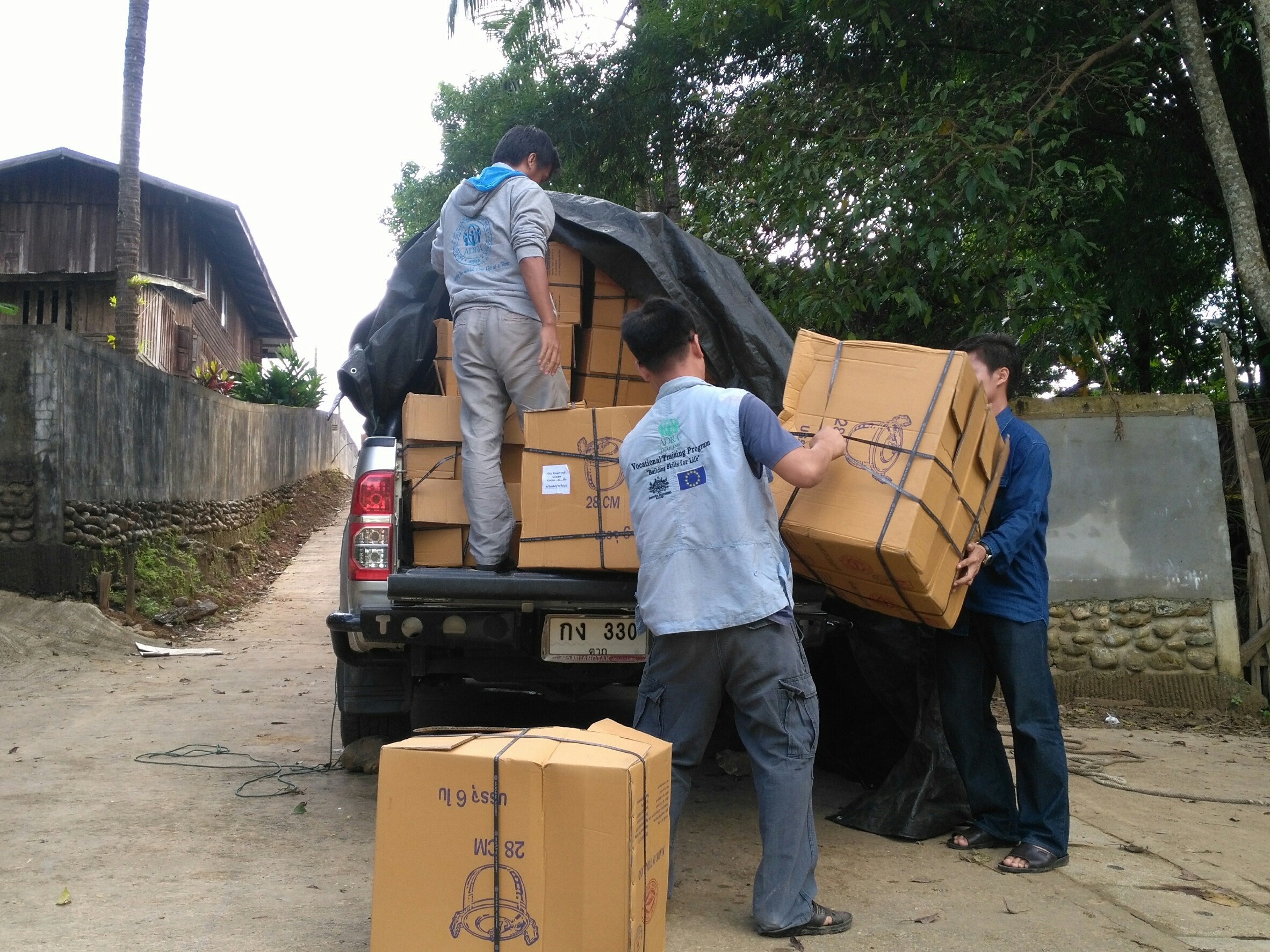
The Border Crisis
The Border Crisis
On September 12th 2016 armed conflict broke out in Karen State of Myanmar between a split group of DKBA and the Myanmar Government Army.
The initial affected area in Hlaingbwe Township, Hpa An District but has since spread over a larger area between Hliangbwe and Phapun townships. This has come when many villages are also experiencing food shortages, and farmers are unable to work in the fields due to the fighting and landmines placed by the DKBA split group.
This follows after decades of violence between the Karen National Union (KNU) and Burmese Army that has caused tens of thousands of Karen and Burmese people to flee to refugee camps in Thailand.
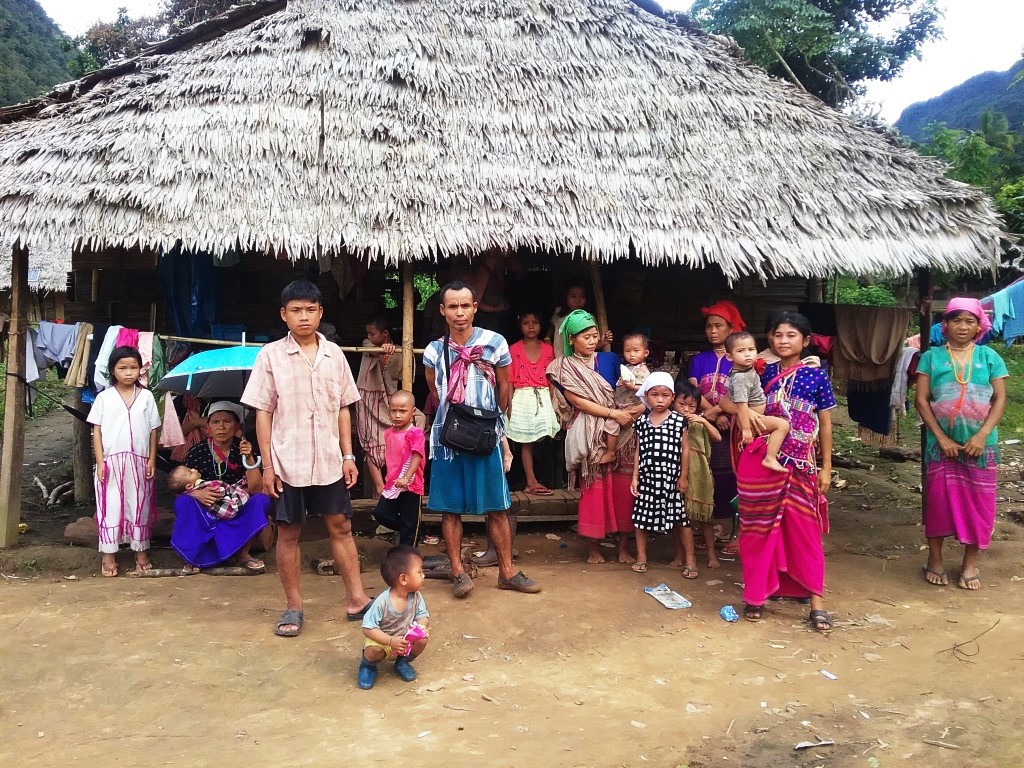
Karen villagers at the distribution point.
Photograph by Sarawut Tummati
Fighting has been significantly increasing in recent weeks and this has caused a displacement crisis. An estimated 3,800 individuals have now been displaced, forced to reside in the jungle along the Thai-Myanmar border. Initially these people were able to slip into the refugee camps in Thailand, though as numbers kept increasing the Thai Military closed the border and now they must make do in Myanmar. However, as the situation becomes more desperate, refugees may resort to drastic measures to survive which puts themselves and others at risk.
ADRA enacted emergency protocol alongside other NGOs coordinating through the Karen Refugee Committee (KRC), gathering funds from the ADRA Asia Regional Office, ADRA International and the Thailand Adventist Mission (TAM). We are working with NGOs and local authorities to supply aid. After an assessment of the situation, ADRA Thailand agreed to supply 120 bags of rice, tarps and mosquito nets, which helped approximately 748 individuals. The team travelled from Mae Sot on the 26th September to the distribution site, and hired boats to get the goods across the river as this was the only way to reach the affected areas; each boat could only carry 40 bags of rice so 3 boats were used. On the 27th they handed out the supplies to 120 families
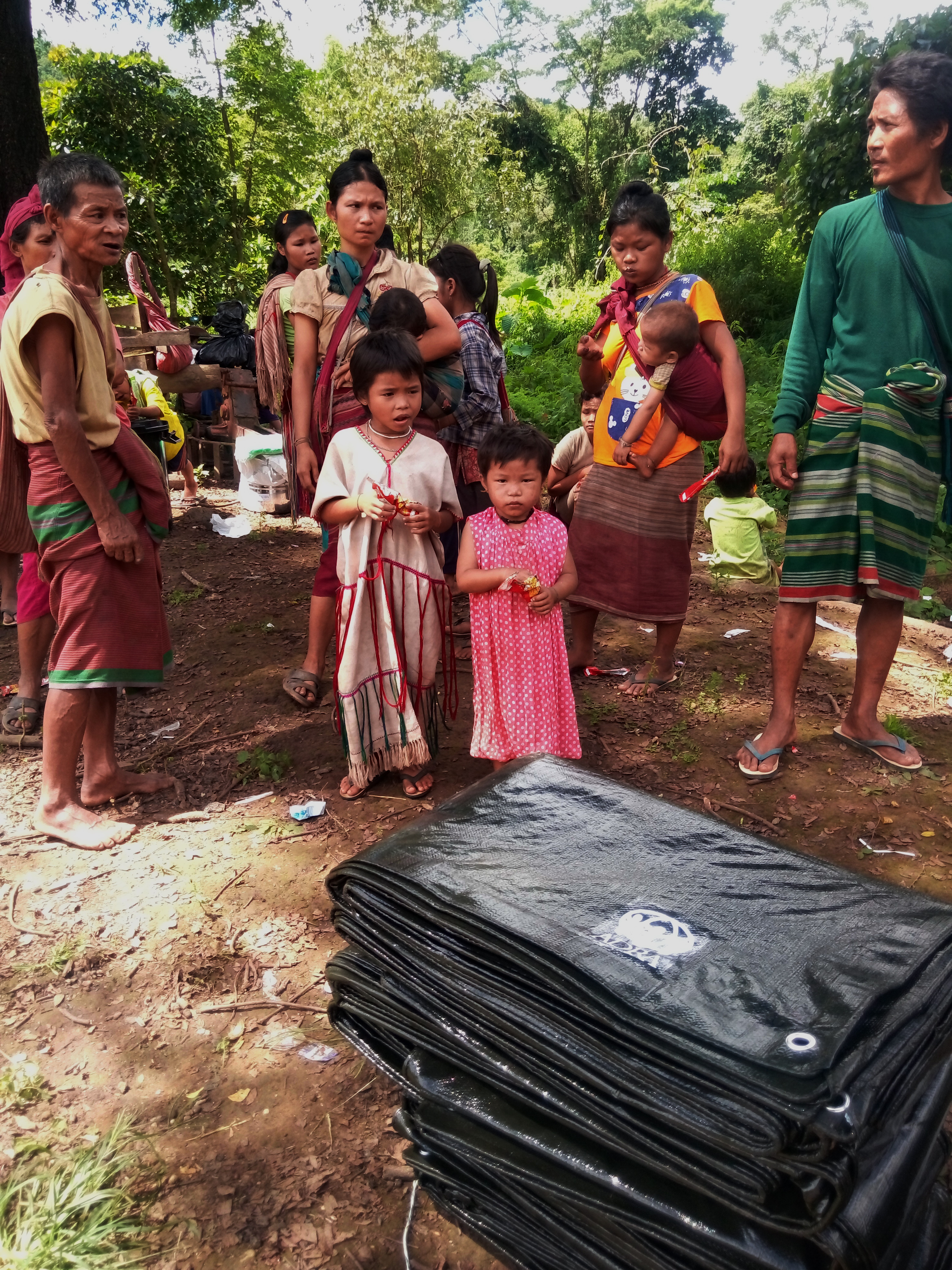
Karen Refugees wait to be given supplies.
Photograph by Sarawut Tummati
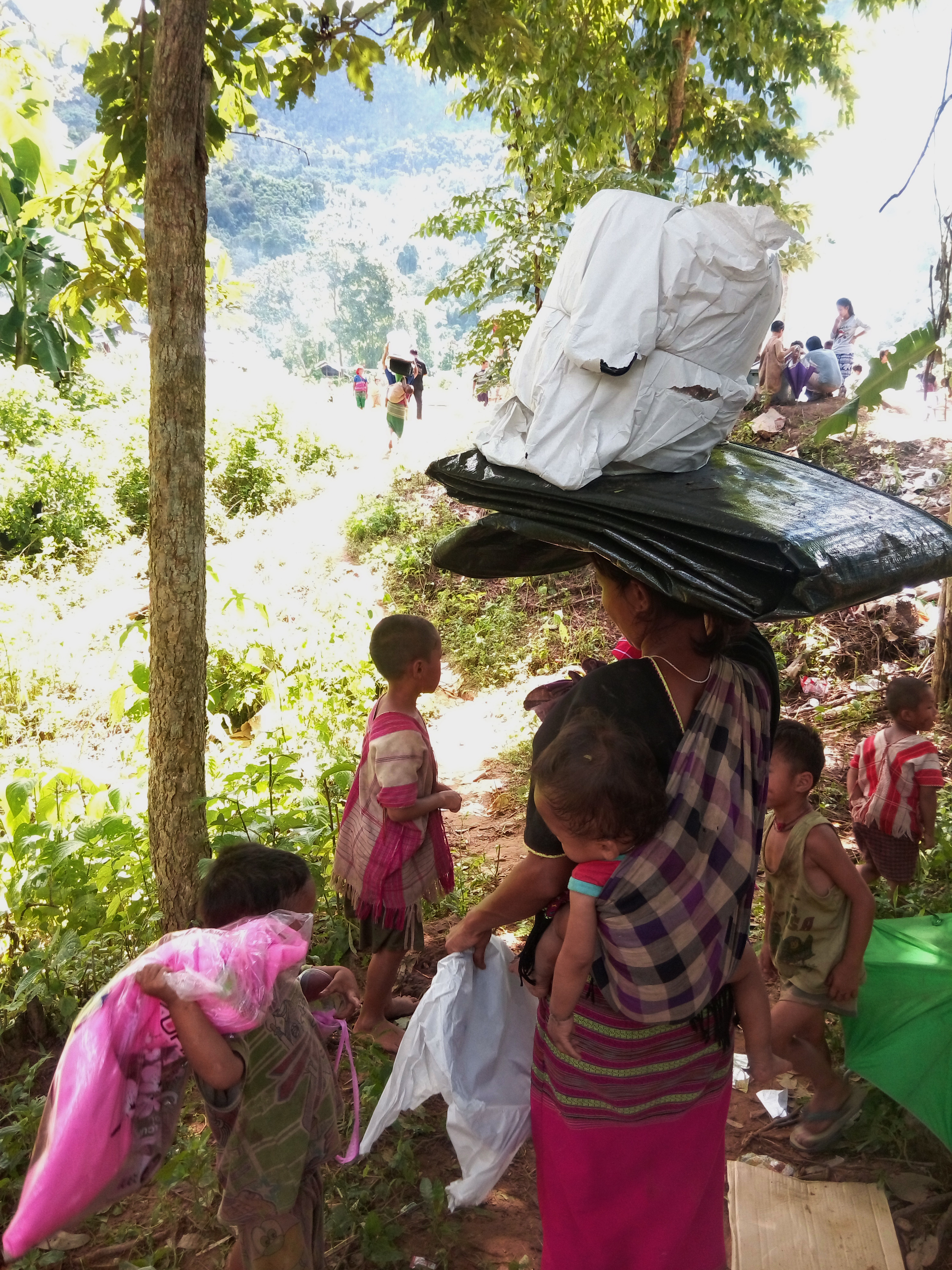
ADRA distributes tarps, pots, rice and mosquito nets to the displaced families.
Photograph by Sarawut Tummati
After consideration ADRA Thailand agreed to supply 120 bags of rice, tarps and mosquito nets, which helped approximately 748 individuals. The team travelled from Mae Sot on the 26th September to the distribution site, and hired boats to get the goods across the river as this was the only way to reach the affected areas; each boat could only carry 40 bags of rice so 3 boats were used. On the 27th they handed out all of the supplies in 2 location, and ADRA is now evaluating if there is even more that can be accomplished with any extra funding provided.
Hopefully this will get some families through a few hard months before they decide what their next move is going to be. A big ThankYou to the distribution team at ground level and programs team for getting the relief effort moving so quickly, and to the Donors for their support.

